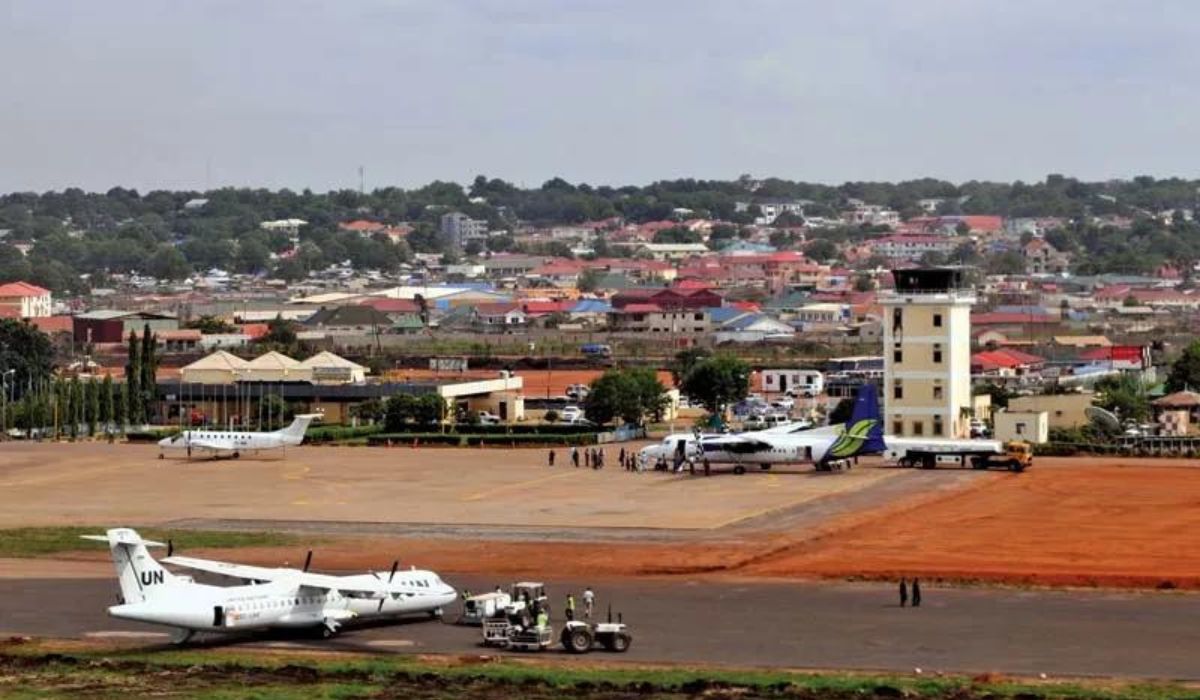Since declaring independence in 2011, the world’s newest country, South Sudan, has made significant progress. As South Sudan enters a new era in its history, this article examines the recent developments and crucial components of the country’s journey. We examine the political and economic shifts occurring in this dynamic East African country, as well as the opportunities and threats that lie ahead for it.
A Nation Reborn: South Sudan’s Independence
The independence of South Sudan was obtained by a historic vote and was a monumental event for its people. On July 9, 2011, the country finally declared its independence after years of civil war and turmoil. A new nation was born, and with it came optimism and high hopes for the future.
South Sudan has made political stability one of its top priorities. The path, however, has not been problem-free. Internal strife and fights for control have slowed the country’s development. There are ongoing initiatives to encourage tolerance and acceptance among different cultural communities and to enhance government institutions.
Economic Growth Potential: Unlocking the Nation’s Resources
The oil reserves, mineral deposits, and arable land of South Sudan are largely unexploited. Unfortunately, infrastructure constraints, corruption, and continuous hostilities have made it difficult to fully use these riches. Efforts are being made to foster sustainable growth, encourage foreign investment, and upgrade infrastructure.
Infrastructure Development: Building the Foundation for Progress
South Sudan’s economic progress and social integration depend on the country’s improved infrastructure. The government has been spending money on energy and communication initiatives including new roads and improved telecommunications infrastructure. The government hopes these enhancements would boost trade, lure investors, and raise living standards for its people.
Humanitarian Challenges: Addressing the Needs of the Vulnerable
Food shortages, population relocation, and a lack of resources for healthcare and education are just a few of the humanitarian issues that plague South Sudan. The government, non-governmental organizations (NGOs), and foreign partners are all working to find solutions to these problems. The future of South Sudan can be improved by humanitarian relief, sustainable agriculture, and educational programs.
Cultural Richness: Celebrating Diversity and Heritage
South Sudan is a cultural and ethnic melting pot. The culture, art, and music of this place are treasures to its citizens. Economic development and national character can both be protected when cultural tourism is actively encouraged. Protecting and showcasing South Sudan’s cultural diversity is important for the country’s residents and tourists alike.
Environmental Conservation: Preserving Natural Wonders
The country’s natural beauty and wealth of wildlife must be preserved for the next generation. South Sudan’s huge wetlands and wildlife reserves are two examples of its exceptional ecosystems. Protecting these priceless items and encouraging ecotourism require concerted conservation initiatives like national parks and sustainable practices.
Education and Empowerment: Investing in the Youth
Investing in education and giving young people a voice are crucial to South Sudan’s long-term prosperity. Guaranteeing young people’s participation in enriching educational, occupational, and skill-building opportunities helps lay the groundwork for a brighter future. South Sudan’s poverty cycle can be broken and a skilled labor force can be developed through education.
International Cooperation: Forging Stronger Partnerships
Building solid alliances with other countries is crucial to South Sudan’s development. Cooperation in the spheres of government, infrastructure building, and humanitarian relief all have significant impacts on the future of the nation. South Sudan’s development is dependent on its ability to forge partnerships with countries in the region and around the world.
Conclusion
As a new age begins, South Sudan is at a crossroads. South Sudan has a chance to overcome obstacles and pave the road for a prosperous future because to the country’s immense potential and the determination of its people. The country may reach its full potential and become a leader in Africa if it prioritizes political stability, economic progress, cultural preservation, and sustainable development.











